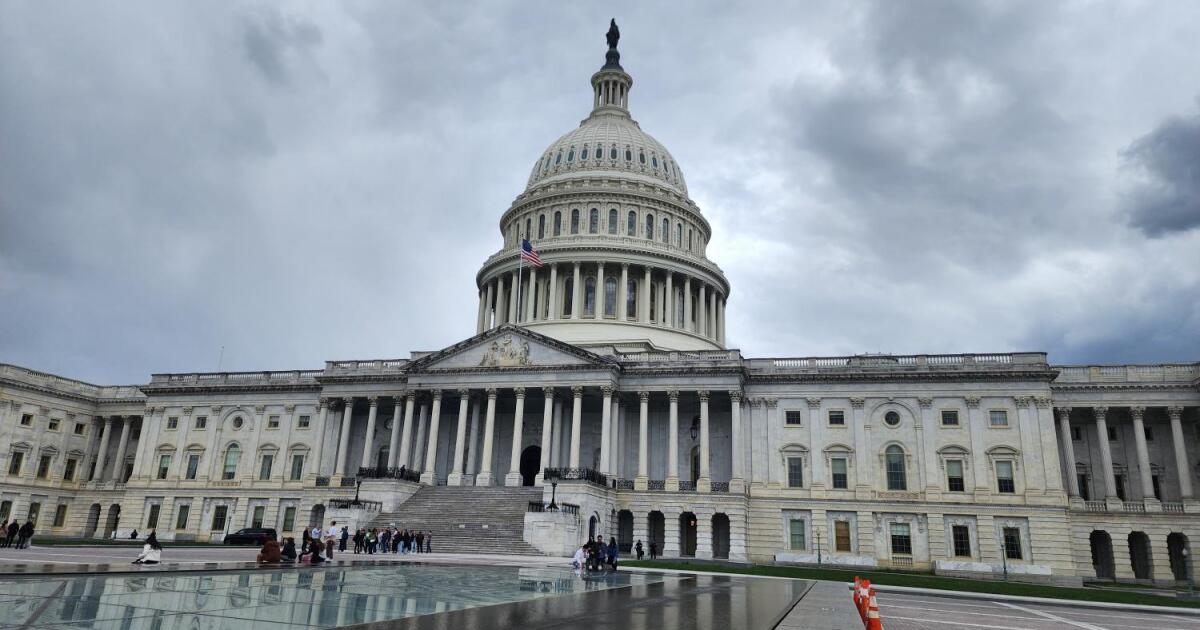The U.S. federal government has sanctioned a substantial 1,900-acre expansion of the Rosebud coal mine, a pivotal source for Montana’s largest power plant. This development, announced by the Office of Surface Mining Reclamation and Enforcement, opens access to 34 million tons of federal coal reserves, invigorating energy independence and rural prosperity.
The Rosebud Mine expansion aligns with the Interior Department’s strategic focus, projecting continued operations for Westmoreland Mining’s 300 employees through 2039. Historically, the mine has yielded approximately 7,300 tons of coal annually, underscoring its significance in the energy sector.
While Westmoreland’s initial request aimed for 70 million tons, the approved expansion remains a significant milestone. In response to environmental challenges, a federal judge mandated additional environmental impact assessments. Despite this, Westmoreland lawyer Jon Heroux affirmed the decision as pivotal for fulfilling contracts, stating that the “case is over.” However, potential legal actions against other agency decisions remain possible.
Environmental groups, including Montana Environmental Information Center, criticized the federal decision, highlighting the mine’s long-standing environmental impact. Anne Hedges from MEIC emphasized ongoing concerns about water resource pollution, describing the approval as perpetuating coal dependency, which they claim exacerbates energy costs.
The Colstrip power plant, Westmoreland’s largest client, continues its operations under the ownership of various utilities across Washington, Oregon, and Montana. NorthWestern Energy, a key utility player, affirmed its commitment to reliable energy provision, acknowledging the need for existing resources until new infrastructures are fully operational. This stance reflects wider industry sentiments amid evolving energy demands, including the impact of AI-driven data centers.
Recent changes in federal environmental policies under the Trump administration are evident in the Record of Decision for the Rosebud Mine project, with adjustments to National Environmental Policy Act guidance regarding climate change assessments. Despite these policy shifts, the cumulative nature of greenhouse gas emissions remains a complex issue, underscoring the intricate balance between energy needs and environmental considerations.
—
Read More Montana News










